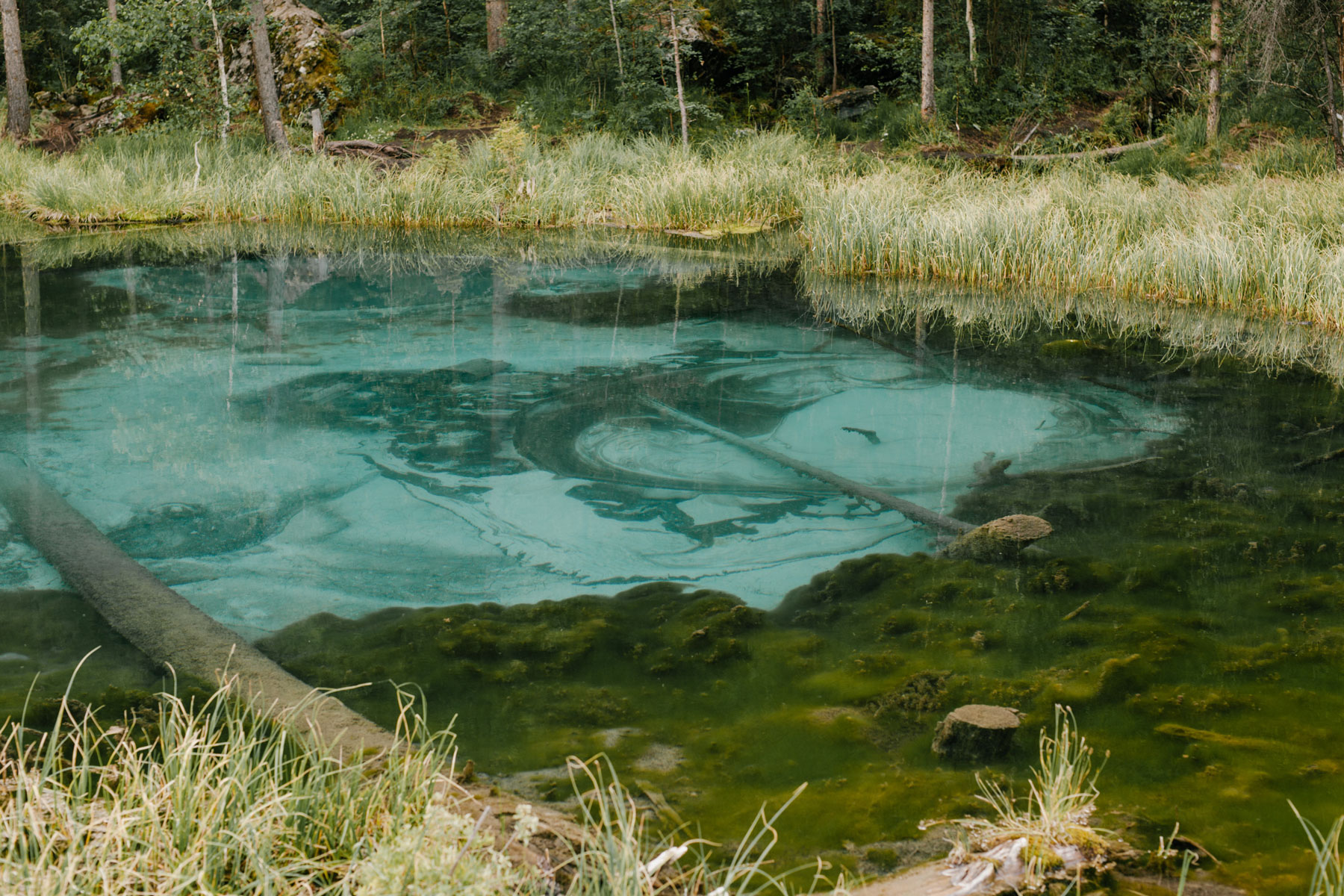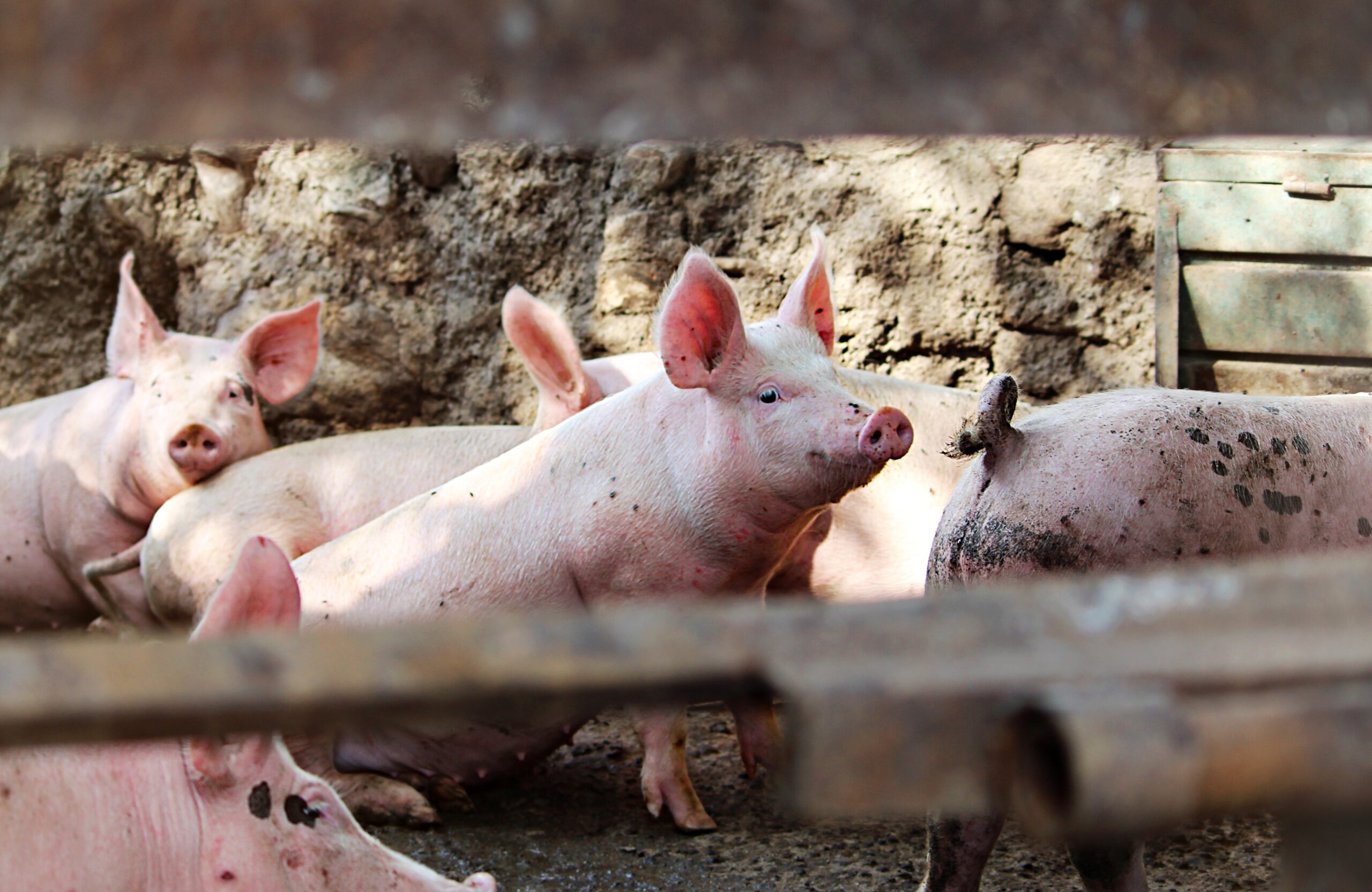
Clean & reclaim Wastewater
A transformative solution that yields a multitude of advantages for clients in the agriculture industry. Not only does it provide a substantial cost-saving mechanism for oil producers, but it also exhibits a profound commitment to environmental sustainability, economic and social well-being.
Significant Cost Savings
Environmental Responsibility
Community Advantages
Learn More
Unlocking Sustainable Success
The adoption of clean and reclamation practices not only addresses the immediate cost and environmental concerns but also bolsters the long-term competitiveness of clients in the agriculture industry. As the global demand for sustainable and eco-friendly practices intensifies, businesses that proactively embrace environmentally responsible methods gain a distinct competitive advantage. Clean and reclaiming solutions position clients as pioneers in sustainable agricultural operations, attracting environmentally-conscious investors, partners, and customers. By demonstrating a commitment to reducing their environmental impact, clients can position themselves as leaders in the market, fortifying their brand reputation and opening up new avenues for business expansion and partnerships. Embracing these forward-looking practices is not only a responsible choice but also a strategic investment in the future success and resilience of their farming enterprises.
Advantages of Reclaiming Wastewater.
Clean and reclaiming farm wastewater offer clients an array of compelling benefits. From substantial cost savings and environmental responsibility to fostering positive community relations, this forward-thinking approach revolutionizes water management practices in the farming industry. By embracing these innovations, clients position themselves as industry leaders committed to financial efficiency, ecological stewardship, and community welfare, paving the way for long-term success in a sustainable and responsible manner.
Significant Cost Savings
The traditional practice of injecting production water back into wells or disposing of wastewater sludge can be an expensive endeavor for oil producers. By opting for the clean and reclamation process, clients unlock a game-changing cost-saving strategy. Reusing the treated water at the wellhead or at saltwater disposal (SWD) sites drastically reduces the need for freshwater sourcing and wastewater disposal expenses. This optimized water management not only cuts operational costs but also enhances the overall profitability of farming operations, thereby bolstering the company's financial outlook.
Environmental Responsibility
With growing concerns about environmental sustainability, the agriculture industry faces increasing pressure to minimize its ecological footprint. By implementing a clean and reclamation approach, clients showcase their commitment to environmental responsibility. The process significantly reduces water consumption and minimizes the discharge of harmful wastewater into natural ecosystems. Moreover, by reusing treated water on-site, the demand for freshwater extraction from local sources is reduced, mitigating the impact on water resources and aquatic habitats. This proactive stance positions clients as responsible stewards of the environment, fostering positive relationships with stakeholders, regulatory authorities, and environmentally-conscious consumers.
Community Advantages
The traditional disposal methods of wastewater can potentially raise concerns within local communities regarding water contamination and environmental hazards. By adopting clean and reclamation practices, clients can alleviate these concerns and bolster their relationship with local communities. The process promotes cleaner water disposal practices, reducing potential risks of environmental contamination and health hazards. As a result, clients can enhance their standing within the community, build trust, and potentially gain support for future projects and operations.



